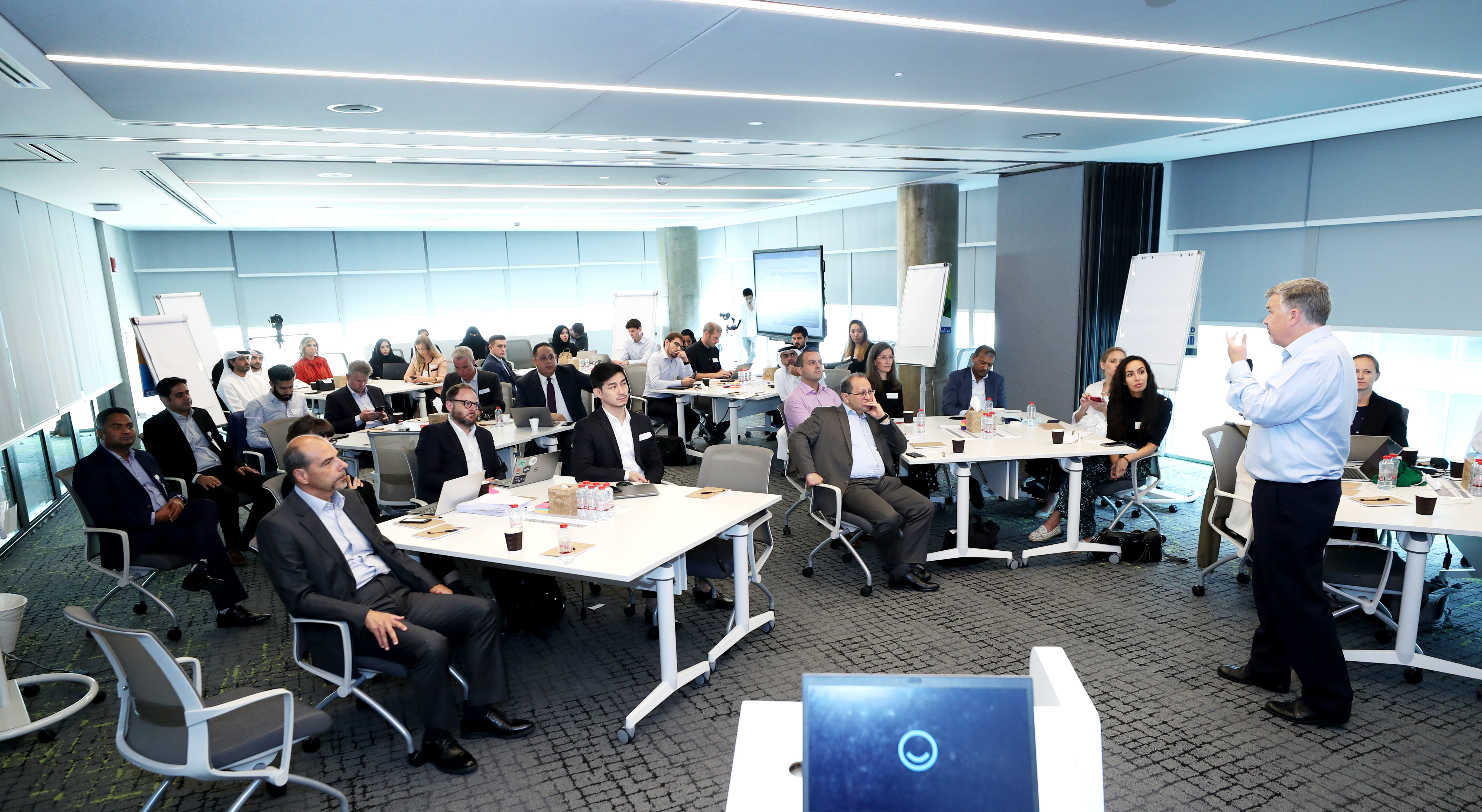This statement was at the heart of last week’s Smart Dubai Data workshop, the purpose of which was to bring together public and private sector entities in thinking about how Dubai’s already sophisticated data governance should be adapted to boost cross-sectoral data collaboration.
Private sector engagement to build on well-established public sector data sharing was a vital component of our work in 2018. It remains so in 2019, as efforts intensify to build relationships - and ultimately the confidence - that will underpin safe, easy and equitable sharing of data between the public and private sector.
In other Smart Dubai Data work (look out for further blog posts) we are sandboxing new, decentralised technologies to support data exchange. As well as supporting the development of feasible monetisation and economic models, these will also enable value creation – sophisticated data science use cases highly tuned to need.
That said, our central premise is simple, and two-fold. First, data is only as useful as the problems we attempt to solve with it. Second, our use case work tells us that creating maximum utility in the form of analytics and software definitely requires both public and private sector data sharing.
So what did our deliberations tell us about next-stage governance, and the conditions an organisation like Smart Dubai Data should create so that existing barriers to data exchange are brought down and cross-sectoral efforts can coalesce?
Adoption at scale might come, but not without putting in the ‘hard yards’ with those early adopters. We are right to be experimenting on data trusts with small, manageable coalitions of the willing and able. Collaboration will grow if Smart Dubai Data is able to provide the ‘safe space’ for experimentation on an opt-in basis.
This means creating the legal and technical setting that accounts for the dark shadows that (customer) privacy and (loss of) competitive edge cast over the bright thinking - and willingness to move - of data champions.
So, we are required to be both boring and thrilling. On the one hand we need to consider sunset clauses, to dive into the detail of new data sharing agreements, and to provide clarity in a multi-layered regulatory environment covering the Emirate of Dubai (Dubai Data Law), to Federal (the forthcoming Data Privacy Law), and International (alignment with GDPR is vital for international companies). On the other, we need to present to the data ecosystem propositions so compelling that participants leave their commercial imperatives at the door and commit to sharing their learning across similar city organisations.
There is much more to say, for example on how data trusts or collaboratives can fit into a broader governance system; or how the role of Smart Dubai Data could change, as we further develop as an ‘enabling’ regulator. City data (ecosystem) management is a fast moving, but ambiguous field. It will succeed with strong but dispersed leadership, cross-sectoral collaboration and common standards. This workshop has seen a flurry of thinking on next-stage governance arrangements needed to bring about data innovation and sharing. As the broader project comes to a conclusion and our ideas crystalise we will be reaching out again. Stay tuned to this channel!
Note: this workshop was run in collaboration with CS Transform, service transformation specialists involved in our initial Dubai Data Manual work, and Nesta, an innovation charity expert in government use of data.




